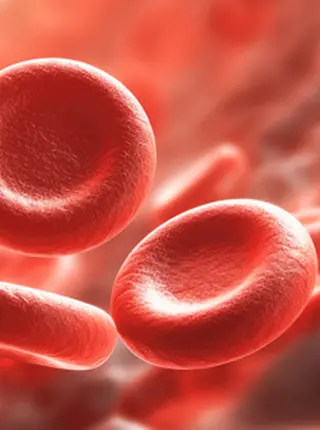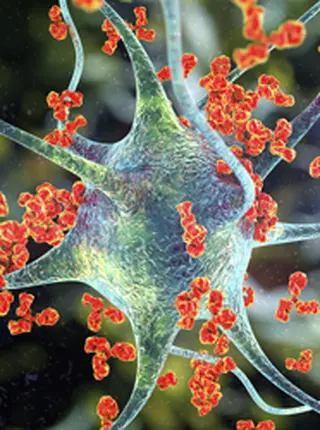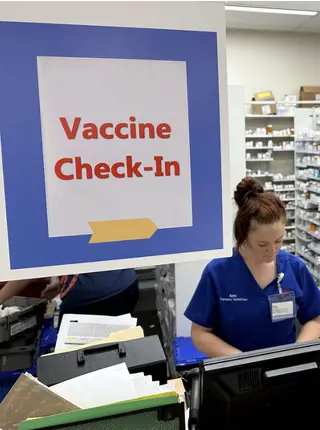Faculty in the News
July
New Mouse Models Help Find Gene Therapy for Severe Alpha Thalassemia

Alpha thalassemia, a chronic anemia caused by inherited mutations affecting the oxygen-carrying hemoglobin protein, is a severe and potentially lethal condition whose lack of good preclinical models has hampered efforts to find treatments for it. However, a team led by Hamideh Parhiz, PharmD, PhD, of Systems Pharmacology and Translational Therapeutics, and Stefano Rivella, PhD, of Pediatrics, developed a new mouse model of the condition using targeted lipid nanoparticle (tLNP-mRNA). The model demonstrated the effectiveness of a novel gene therapy.
April
Lunch with Leaders - E John Wherry, PhD

John was fantastic at Lunch with Leaders sharing his experience with great insights. We would love as many people as possible to learn from him.
Here is the link:
https://mediasite.med.upenn.edu/mediasite/Channel/lead-strong-lunch-with-leaders/watch/950ad68df15d47f2b77595ac721ecbdb1d
March
A Clue Why Lupus and Other Autoimmune Diseases Strike Far More Women Than Men

An estimated 50 million Americans have an autoimmune disorder—such as lupus, rheumatoid arthritis, multiple sclerosis, and dozens more. New research has found a possible culprit for why about four of every five of those patients are women: how the body handles females’ extra X chromosome. This “transforms the way we think about this whole process of autoimmunity, especially the male-female bias,” said E. John Wherry, PhD, chair of Systems Pharmacology and Translational Therapeutics.
February
Penn Medicine researchers receive $2.1 million grant to fund long COVID research

Funds support studies to characterize mechanisms of SARS-CoV-2 persistence in the gut, including determining the impact of viral reservoirs on gut microbiome ecosystems.
The new funding will also enable Penn’s Department of Systems Pharmacology & Translational Therapeutics to extend ongoing research on T cell activity in long COVID. Led by E. John Wherry, PhD, the Richard and Barbara Schiffrin President's Distinguished Professor and chair of Systems Pharmacology and Translational Therapeutics, this research expands efforts to determine if CD8 T cells specific for SARS-CoV-2 proteins can be used as blood-based biosensors of viral persistence. “Dr. Wherry is a legend in the field and boasts decades of experience studying the intersection of T cell activity and chronic viral infection,” Proal said. “It is incredible that his laboratory continues to pivot this expertise to long COVID, which could eventually inform immunotherapy treatment for long COVID patients.”
January
Understanding the Persistence of Long COVID

Four years after the first reports surfaced on COVID-19, the aftereffects of the illness, known commonly as long COVID, continues to confound researchers. While many theories persist on the causes, E. John Wherry, PhD, chair of Systems Pharmacology and Translational Therapeutics, added that there is not a direct, causal link between the virus persisting in the body and symptoms of long COVID.



